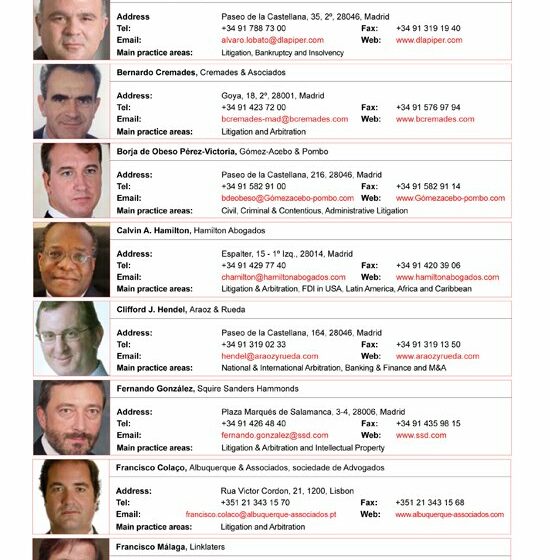Uncovering the reasons behind Portuguese competition decisions – Abreu
There is a communication problem with the Portuguese competition authority, say some. You cannot have a public body making secret decisions
Companies with issues before the Portuguese Competition Authority (Autoridade da Concurrencia – AdC) need to be aware that a lack of clarity in competition decisions sometimes means having to look elsewhere for guidance, says Miguel Mendes Pereira, a regulatory partner at Abreu Advogados in Lisbon.
“In order to advise on the merits or risks of specific actions there has to be consistency of decision-making which generates legal certainty. We have this in the merger control field but the tougher challenge is understanding restrictive practices decisions.”
The AdC concluded 26 investigations last year with five resulting in prosecutions. The investigations encompassed the animal food and health sector, professional associations and health care equipment sector, but that there had been prosecutions at all has been made public in only two out of the five cases, says Mendes Pereira, himself a former Lead Legal Adviser at the AdC.
“Despite the severity of the fines imposed the rationale behind them remains unclear. The findings that determined anti-competitive behaviour had occurred in three of the cases cases have not been made public.”In such an environment it is therefore impossible to learn from the AdC what is right and what is wrong, he says. There is no way to superimpose clients’ current issues on past decisions because there is nothing to compare.
“There is no legal requirement on the AdC to publish its findings but if it is serious about building a body of case law then it has to define its objections so that others can understand how the law is interpreted and cases decided.”
As a result, it is often necessary to take a lead from European Commission decisions or the approach of other national competition authorities, says Mendes Pereira. “There is no ‘safe harbour’ defence as regards purely national cases – we cannot rely 100 percent on these decisions – but at least it helps to set out a framework within which the AdC might decide.”












